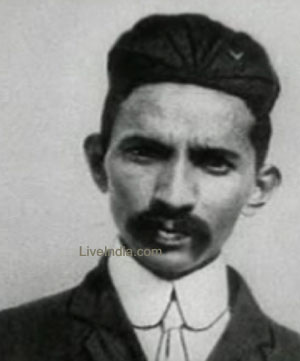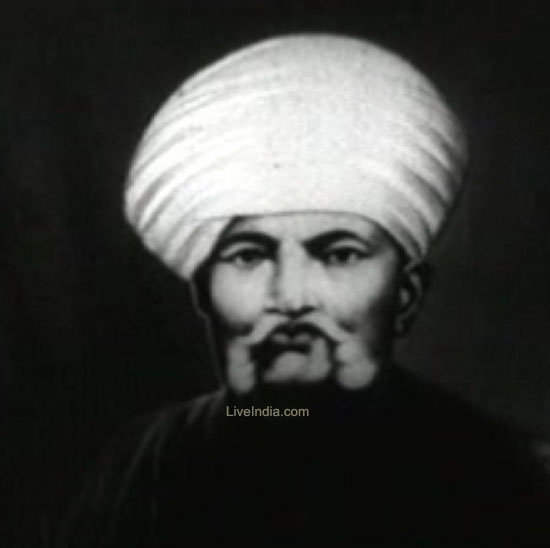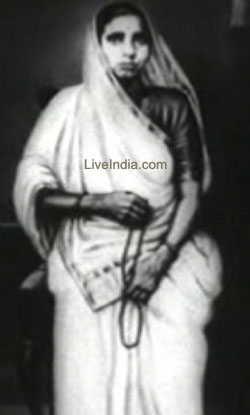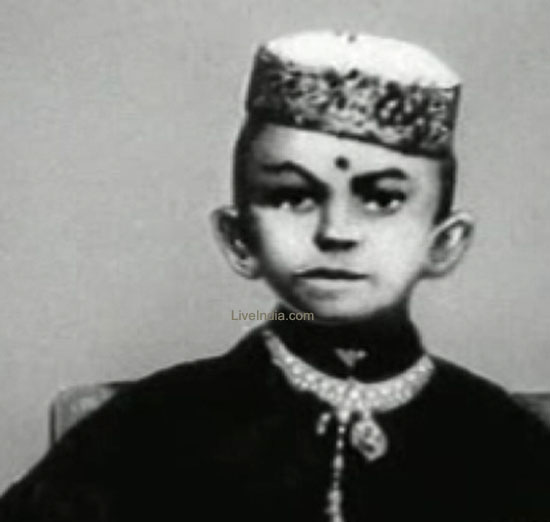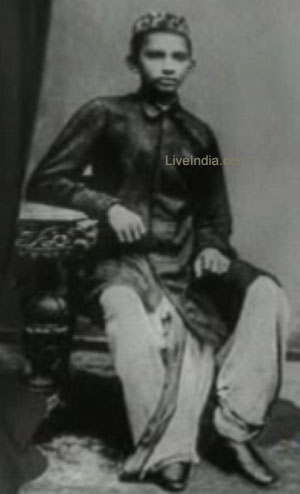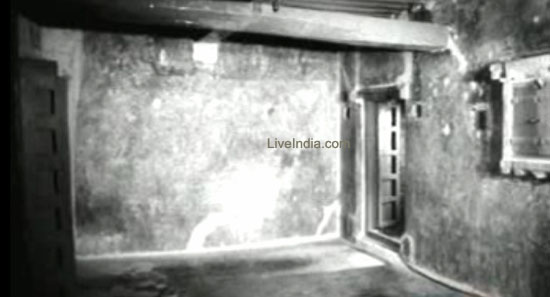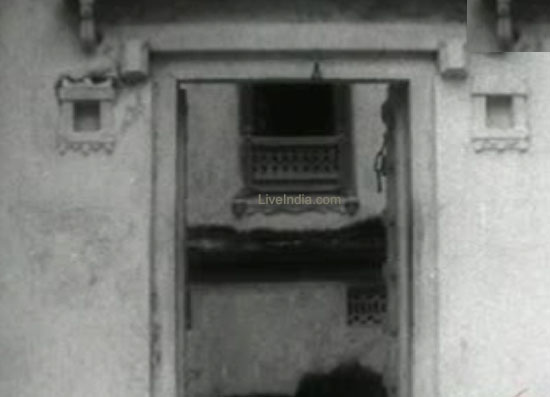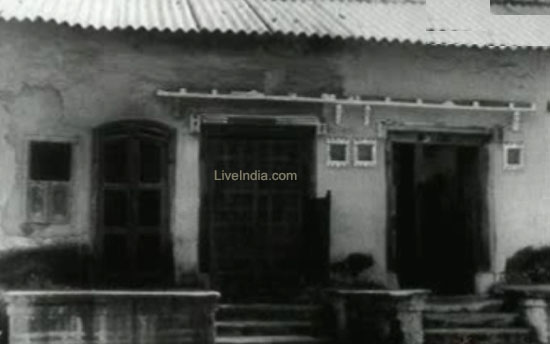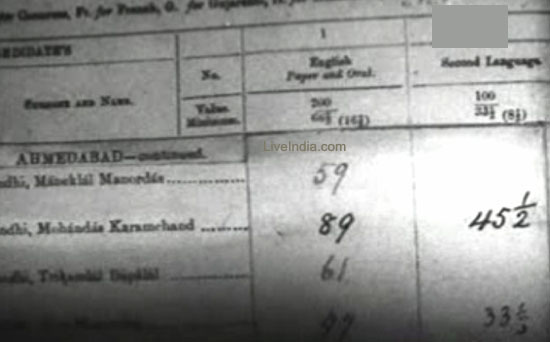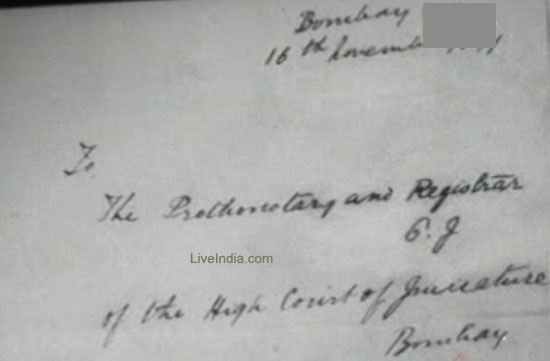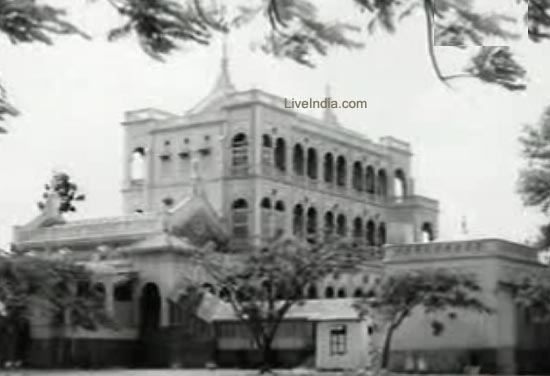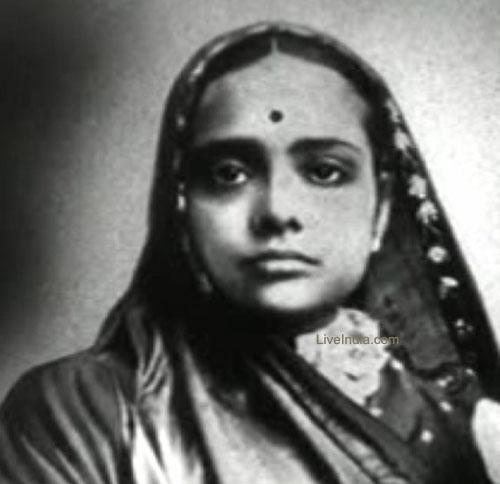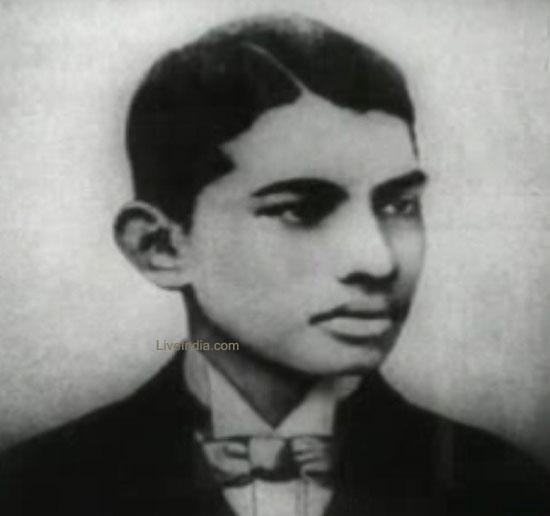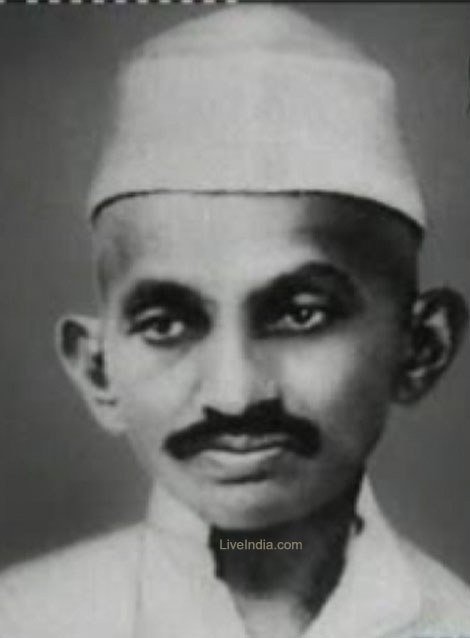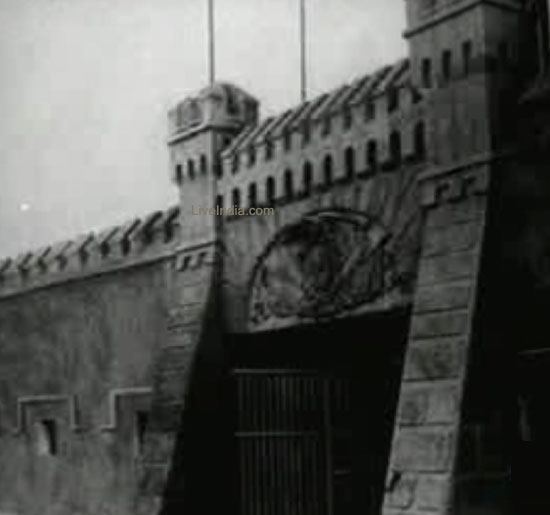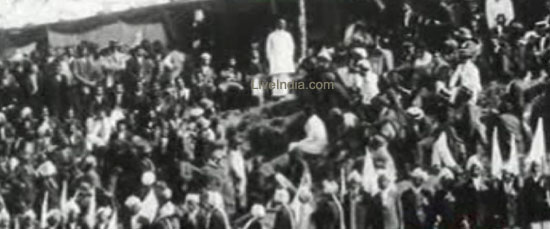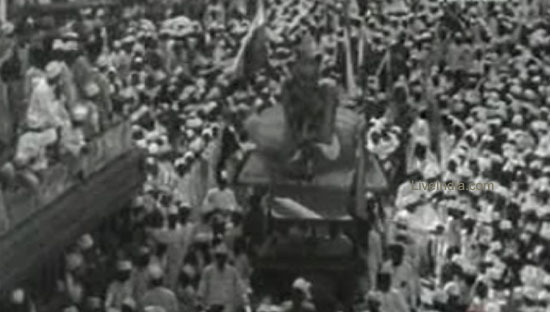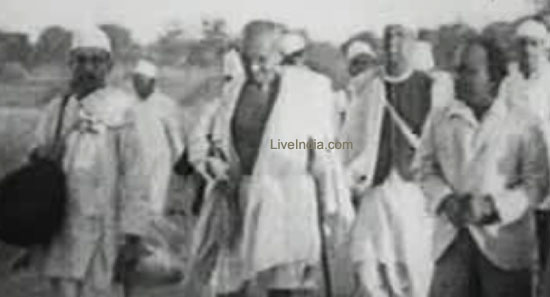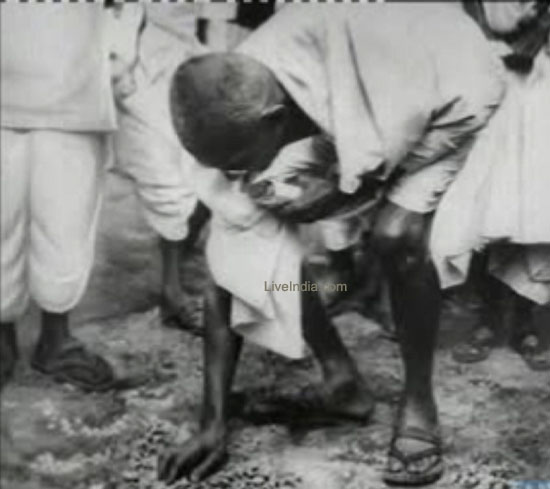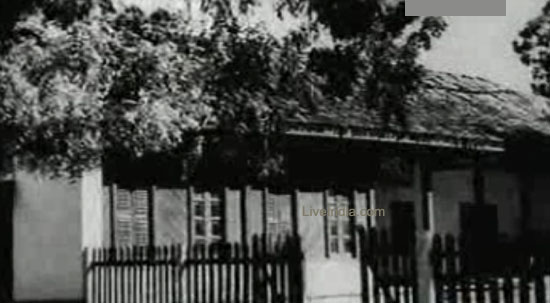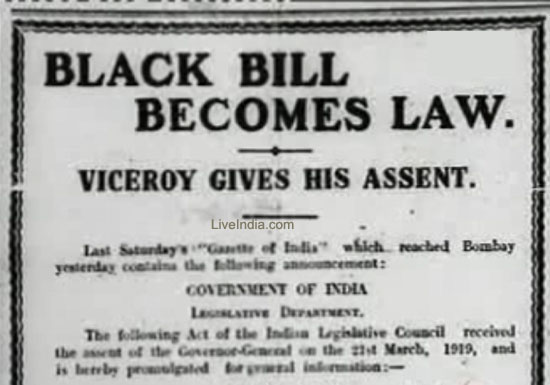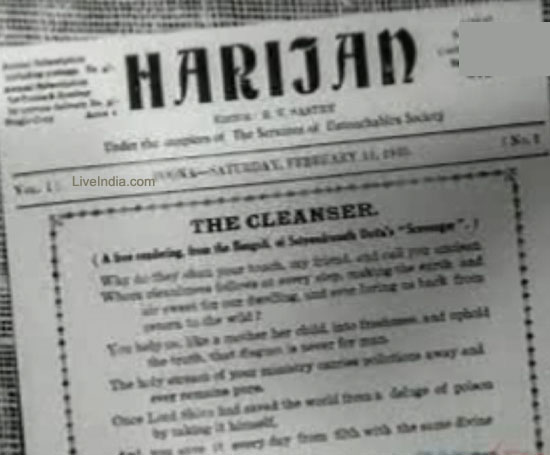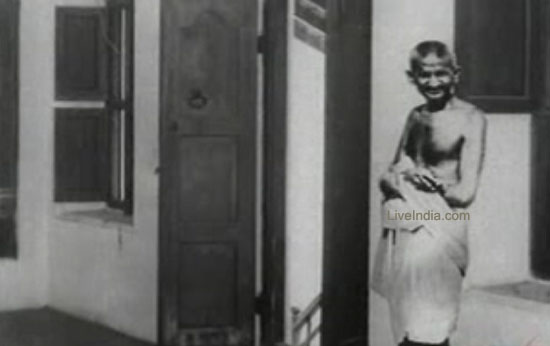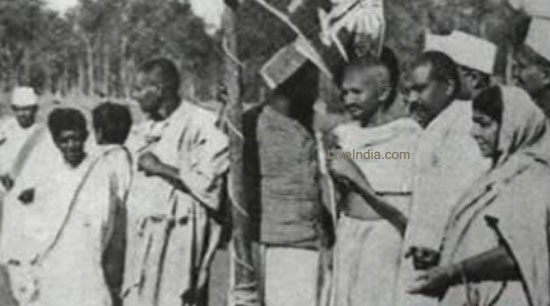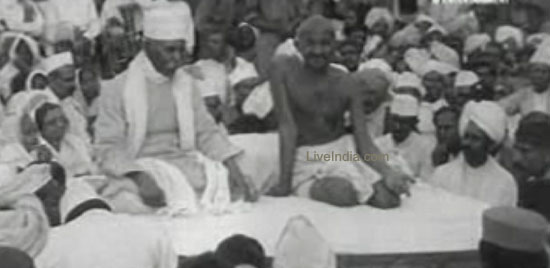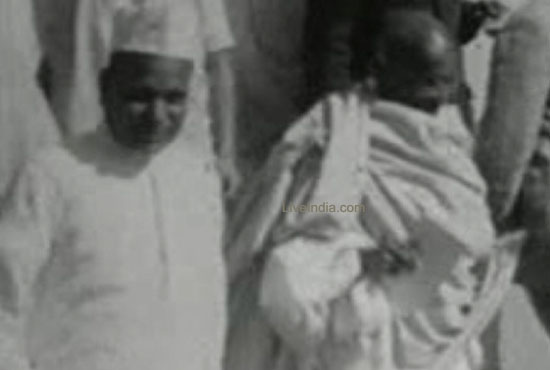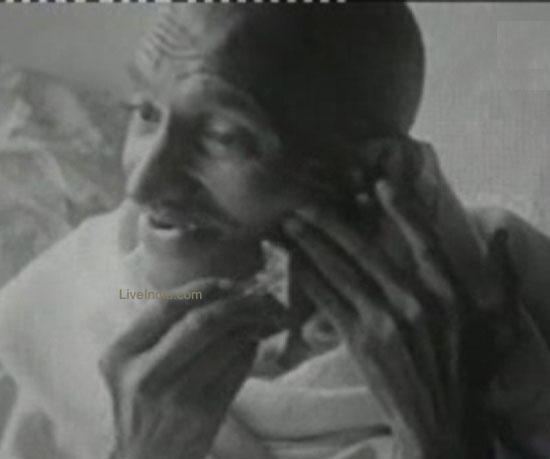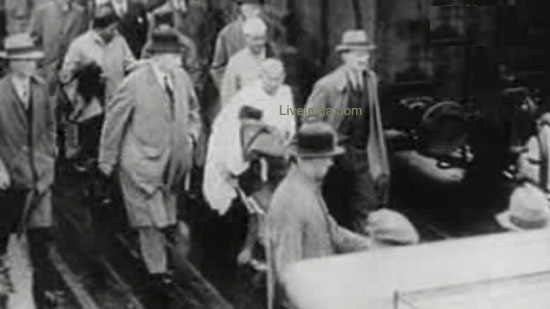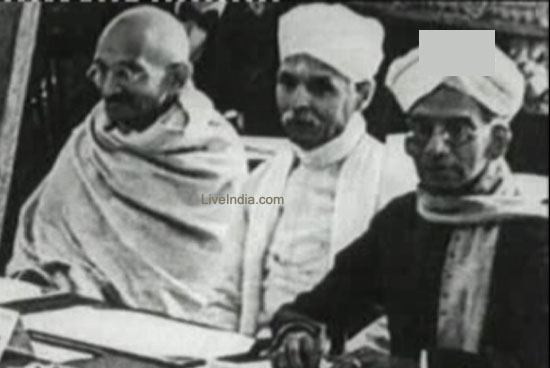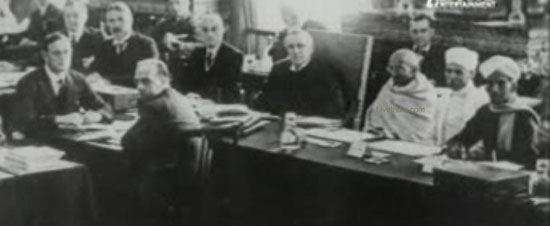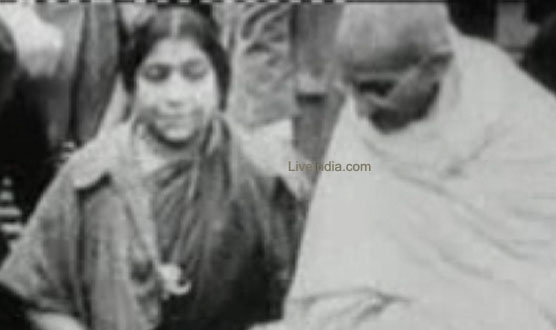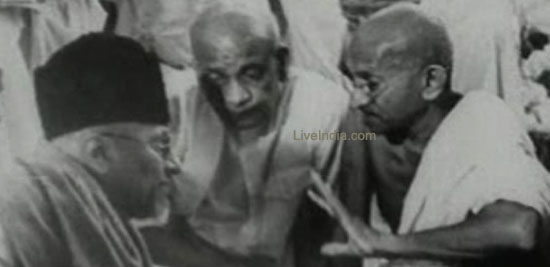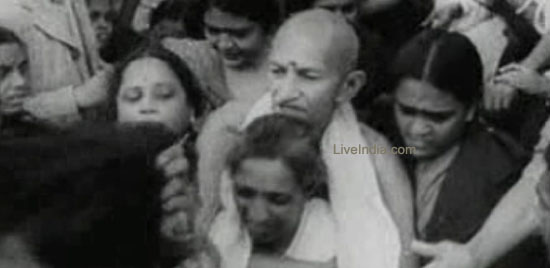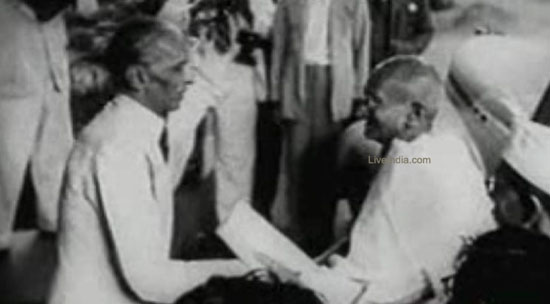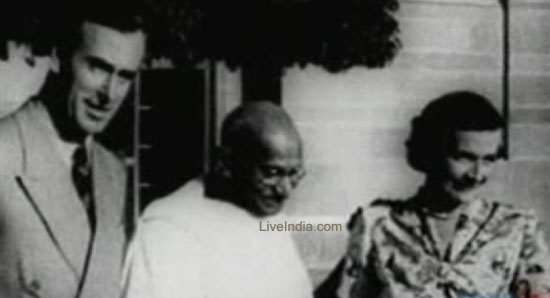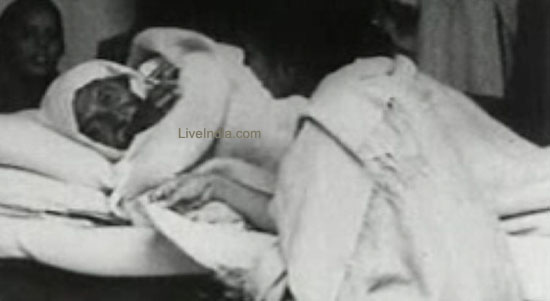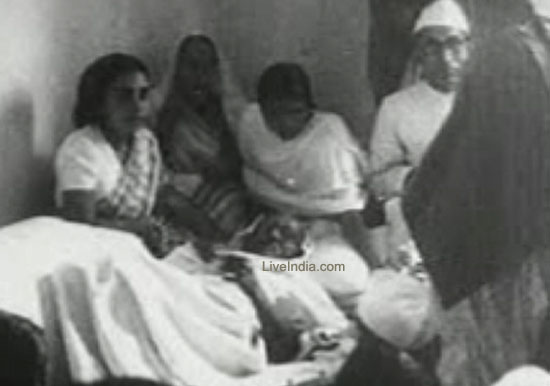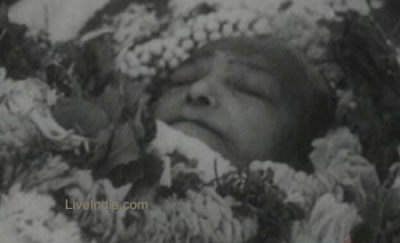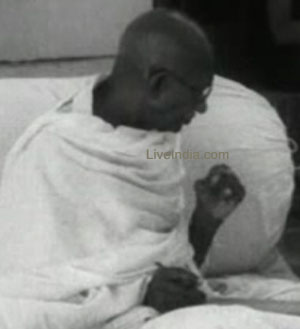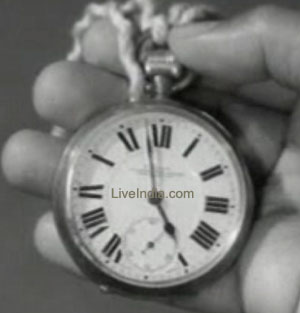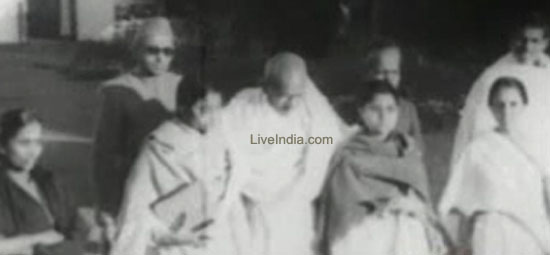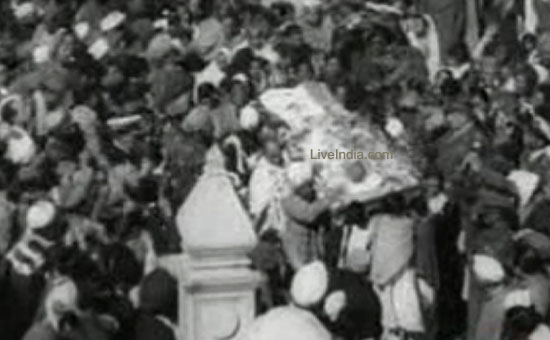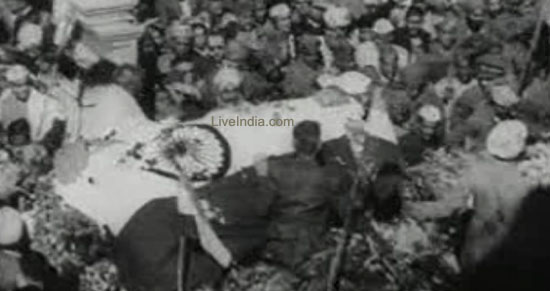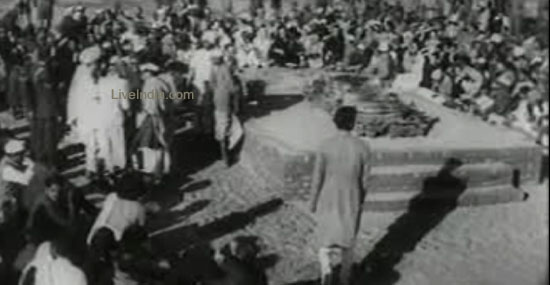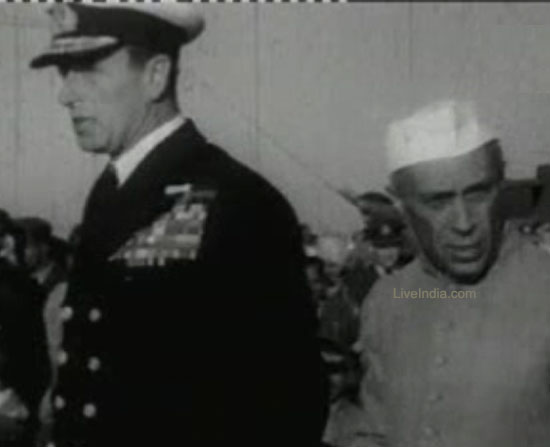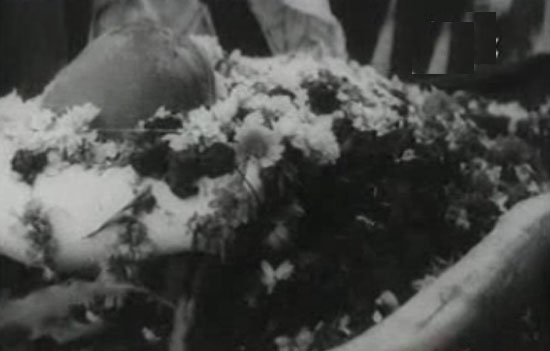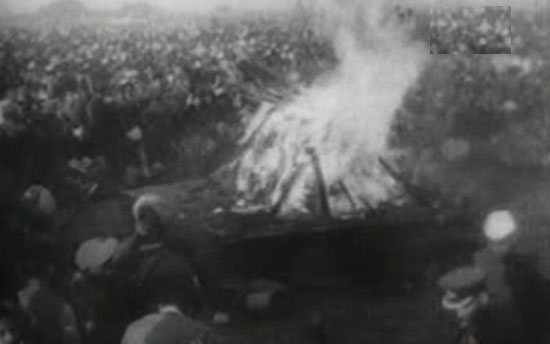T he v e ry f i r st l e t t er ( J u ly 5, 1894), w r i t t e n by G a n d hi to
D a d a b h a i, is of p e c u l i ar int e r e st as it e m b o d i ed a s t r i k i n g ly
mo d e st pe r sonal e x p l a n a t i o n.
A w o rd for mys e lf and I have done. I am yet inexperienced
and y o u ng and therefore quite liable to make mistakes. The
responsibility undertaken is quite o ut of p r o p o r t i on to my a b i l i t y.
I may me n t i on that I am d o i ng this w i t h o ut any r emune r a t ion.
So y ou w i l l see that I have n ot taken the matter up, w h i ch is
beyond my a b i l i t y, in order to enrich mys e lf at the expense of
the Indians. I am the o n ly available person w ho can handle the
question. Y o u w i l l, t h e r e f o r e, oblige me v e ry greatly if y ou w i ll
k i n d ly direct and guide me and make necessary suggestions
w h i ch shall be received as f r om a father to his c h i l d.
HISTORY OF INDIANS IN SOUTH AFRICA:-
W i t h t he i n d e n t u r ed l abour e rs w e nt p e t ty I n d i an traders a nd
t h e ir free servants to N a t a l, t he T r a n s v a a l, t he O r a n ge Free
State, a nd Cape C o l o n y . S i m p le in t h e ir m o de of l i fe a nd t h r i f t y
as t h ey w e r e, t h ey g e n e r a l ly f l o u r i s h e d. M o s t of t he i n d e n t u r ed
l a b o u r e rs set u p, after h a v i ng served t h e ir t e rms, as a g r i c u l t u r i s t s,
s m a ll c r a f t sme n, or traders. T h is was n o t, h o w e v e r, w h at the
w h i t e coloni s ts h ad l o o k e d f o r . T h e y h ad m e r e ly c a l l ed f or
l a b o u r e rs w h o s h o u ld d r u d ge f or t h em p e r p e t u a l l y, or leave the
c o u n t r y a f t er a s t i p u l a t ed p e r i o d. T h e idea t h at t h ey s h o u ld enter
i n t o c o m p e t i t i o n, e v en to a s m a ll e x t e n t, w i t h t he w h i te i n h a b i -
tants of t he C o l o n i e s, as a g r i c u l t u r i s ts a nd traders, h ad never
e n t e r ed t h e ir heads. I f I n d ia c o n t i n u ed to p o ur i n to the C o l o n y
e v en a f ew thousands e v e ry ye ar o ut of her vast p o p u l a t i o n,
w h e re w o u l d t h ey s t and w i t h i n a f ew years? " A w a y w i t h t he
A s i a t i c s !" became t h e ir w a t c h w o r d
MAHATMA GANDHI'S ARRIVAL IN SOUTH AFRICA AS AN ADVOCATE:-
[It was a purely professional visit w h i ch took Mahatma Gandhi
f r om India to South Af r i ca in A p r il 1893. The hardships he
encountered dur ing the j o u r n ey on railway trains, the indignities
to w h i ch he was subjected, and even the assaults made on h i m,
all because he was an Indian, so disgusted h im that his first
impulse was to quit the count ry f o r t h w i t h. B ut what about the
professional engagement? C o u ld he return w i t h o ut f u l f i l l i ng it?
W h i le he was s t i ll undecided, he was pushed out of the train one
night by a European police constable at Ma r i t z b u r g. Late that
night he came to the conclusion that it w o u ld be a c owa i d ly act
to hasten back to India. He, therefore, proceeded to Pretoria,
pocketing further insults, and attended to his professional w o r k.
Just as he was preparing to return to India, early in the year
1894, Gandhi found that the Government of Na t al was about
to introduce a B i ll to disfranchise Indians. He advised them to
resist strongly such an encroachment on their rights. "Stay and
help us," they prayed. The same n i g ht he drew up a petition to
be presented to the Legislative C o u n c i l. Then he founded the
Na t al Indian Congress, and carried on an agitation not only in
South Af r i ca but also in England against the iniquities of the
authorities. W e e k ly letters were w r i t t en to Dadabhai, as member,
and to Wedde rburn, as Chairman, of the Br i t i sh Committee of
the Indian Na t ional Congress. Whenever there was need to send
copies of representations, a sum of at least £ 10 was remitted
to Dadabhai as a c o n t r i b u t i on towards postage and other
charge]
MAHATMA GANDHI'S INVOLVEMENT IN THE SOUTH AFRICAN INDIAN PROTEST-_
I n d i an me r chants in t he T r a n s v a al also sent D a d a b h ai a'
c a b l e g r am ( O c t o b er 13) to the effect t h at the V o l k s r a ad h ad
passed a r e s o l u t i on i n s t r u c t i ng the G o v e r n m e nt to c a r ry o ut
L a w 3 of 1885 in respect of I n d i an me r chant s, p r o h i b i t i n g t h em
f r om c a r r y i ng on v o c a t i o ns in t o w n s, a nd t h at t h ey p r a y ed f or
t he Q u e en Empress's i n t e r v e n t i on in p r o t e c t i on of her I n d i an
subjects. O t h er letters f o l l o w ed c o n c e r n i ng t he p o s i t i on of I n d i an
subjects in t he S o u th A f r i c an R e p u b l ic a nd t he O r a n ge Free State.
D a d a b h ai f a i t h f u l ly passed on a ll c o m m u n i c a t i o ns to L o r d R i p o n
w i t h a request t h at he w o u l d do his best to do j u s t i ce to t he
a g g r i e v ed pa r t i e s
The authorities in South
Af r i ca were not in a m o od to listen u n t il there appeared on the
scene a sagacious leader w ho taught his countrymen in that
f a r -off land, powerless as they were, the secret of the efficacy of
soul-force in w i n n i ng a v i c t o ry for the T r u t h, w i t h o ut recourse
to violence.





